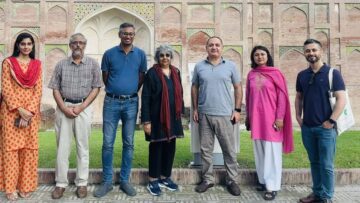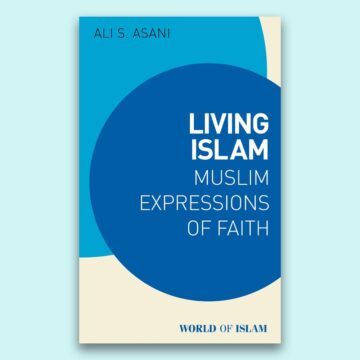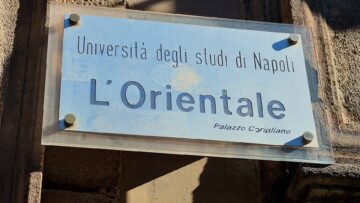Social justice as a defining value in the founding age of Islam and Muslim ethics has remained vital to Sufi networks, where it provides rich bonds of solidarity. Indeed, the Holy Qur’an celebrates justice (‘adl) with beauty (ihsan) – which inspires the understanding of solidarity among Sufis as one of both love and social bonding.
This was interwoven with values of nonviolence and the instance on seeing each individual as belonging to the realm of the sacred.
Amidst the emphasis in modernity on citizens being ‘children of the now’, engaged fully with contemporary public issues, Professor Safi saw in tradition a redeeming power that Muslim scholars would do well to keep in perspective.
There was far too much debate about what ‘Islam’ is not, and all the more so since the events of 11 September, 2001; yet one only affiliated with a religion for what it actually was, rather than what it was not.
Here, the Sufi tradition offered a living link to the values that Islam had always espoused. Professor Safi spoke of those values as ‘Muhammadi ethics’, a fusion of the spiritual and social that the Holy Qur’an repeatedly addressed and which Prophet Muhammad lived. At the same time, Professor Safi noted that tradition itself must be understood as dynamic – something that had to be lived and validated from day to day – not a passive heritage.
Questions from the audience focused chiefly on how such an ethics could survive and prevail in a world that was often highly uncivil.
This was also raised earlier in the introductory remarks by Dr Amyn Sajoo, the organiser of this series, who recalled that ‘moral engagement’ ran all kinds of risks from various parts of the public square. Professor Safi agreed that there were practical limits to a Sufi-centred strategy alone – but observed that those advocating reform (islah) were obliged to hold fast to the values of equity, solidarity and love that Islam stood for.
This was also the message of the iconic figure of Mowlana Rumi (d.1273), who spent a lifetime in maturing the spiritual instincts and ethics for which he is celebrated across the world.






